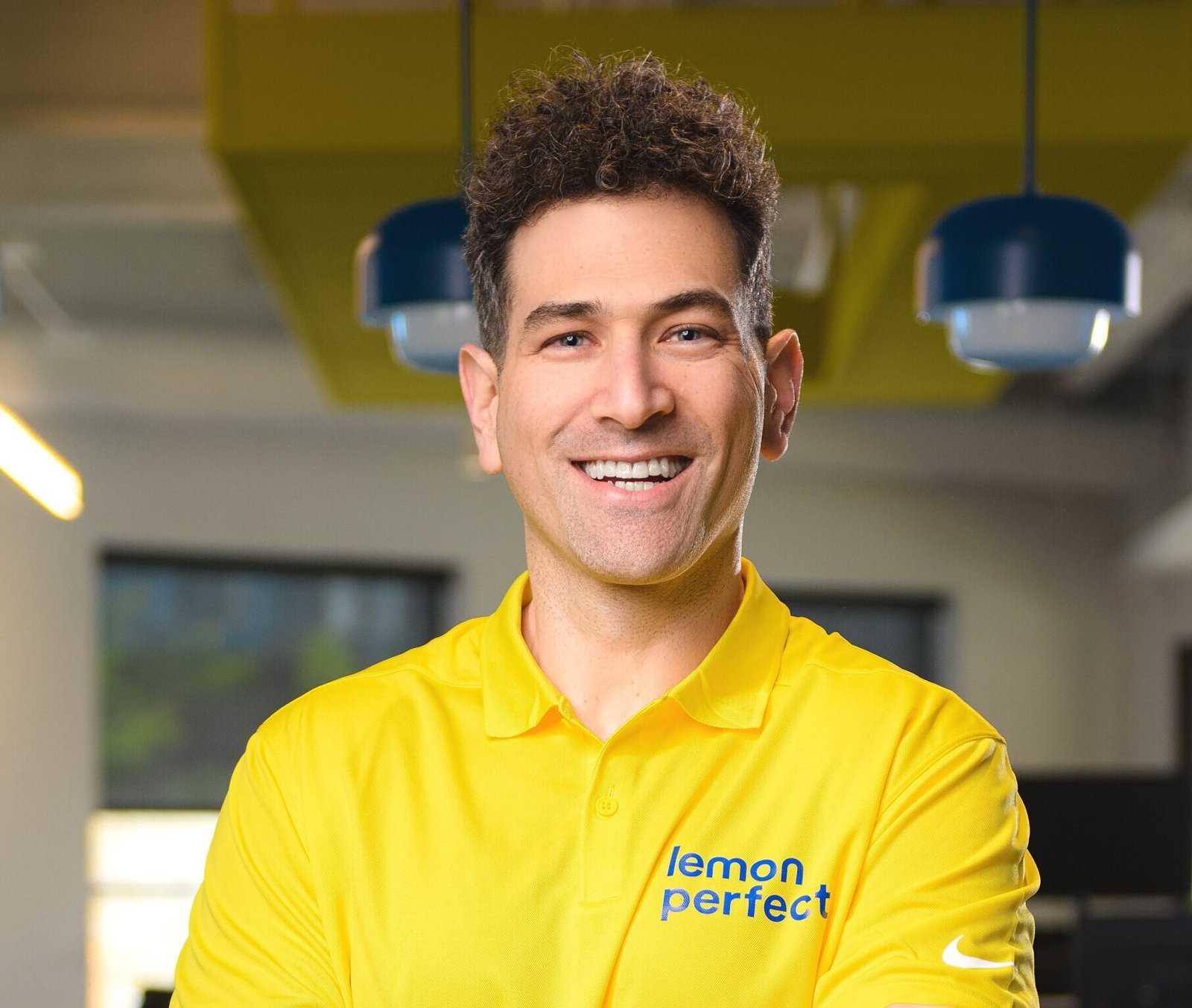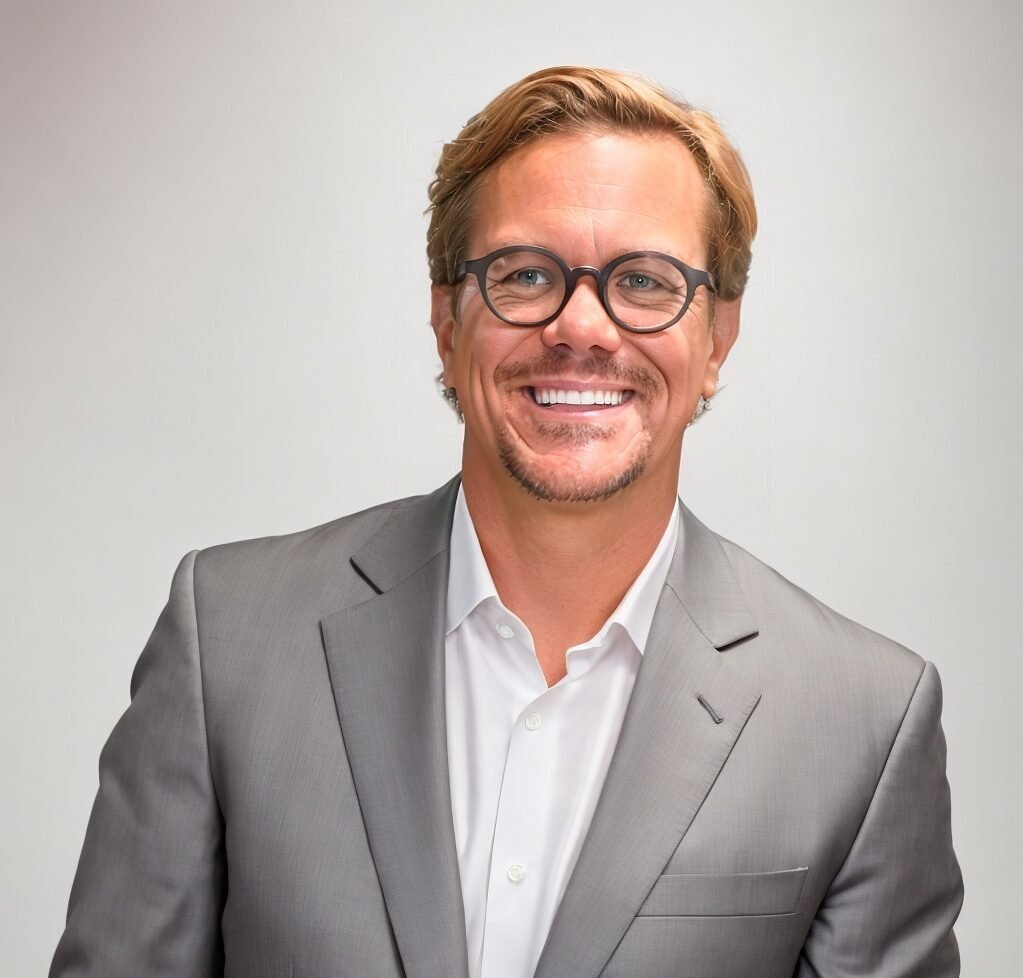I recently went one on one with James Robinson, CEO of Urovant Sciences.
Adam: Thanks again for taking the time to share your advice. First things first, though, I am sure readers would love to learn more about you. How did you get here? What experiences, failures, setbacks, or challenges have been more instrumental to your growth?
Jim: I would say, like most people, that I’ve benefitted in my career from managers, mentors, and leaders who supported me and sometimes took a risk on me. They were willing to take that risk even if I might not have been ready for a role (especially in my mind). This created a mindset, in me, that I would prove them right and work to reward their faith – by delivering results.
I quickly realized that delivering results was also driven by support. Collaboration is that support translated across teams that, when harnessed effectively, creates a multiplier effect that accelerates performance and delivers sustainable results. Fundamentally, whether it’s in achieving your career goals, delivering job, or company performance- we all need support.
I firmly believe that instilling support or collaboration into a team or company DNA is the key to success. I had one particular experience that was founded on this belief – that still sticks in my mind to this day – that played a significant role in my own growth.
In a previous position, we developed an initiative called the Guiding Coalition. The goal of the Guiding Coalition was to bring together as many people in the company that would believe that if we were willing to do more and contribute more than just what our job description was, then we could accelerate our performance. That is, if we were willing to really unleash the full potential of the organization by tapping into all the great ideas that existed within the organization, that we, within ourselves could find a way to create a culture that drove engagement and with that level of engagement and collaboration would deliver sustainable results.
We implemented six Guiding Coalitions over six years – the membership of which changed every year and included people at all levels of the company – and largely from their work, we experienced six years of compounded annual growth rate of double digits.
The members of the teams met in a very structured way on a regular basis to come up with a list of things they felt were impeding the progress of the company or could be accelerated to improve the progress of the company. And then they would go to the prospective leaders and departments. Imagine having someone very junior go to the SVP of a department and say, “Listen, this is something we feel that could be beneficial.” No surprise, it took perseverance to get it moving. The first year we got a fair amount of skepticism. Year two was more like “I’m listening.” Year three was “Come on in and tell me what you’ve got. Great. Give me more.”
There were many early skeptics, but it worked, and it worked very well. We believed it could work, could imagine how it might work, and believed in the power of unleashing collaboration throughout the company so it would work.
Adam: In your experience, what are the key steps to growing and scaling your business?
Jim: This gets to some of what I think are the basics of good leadership. First, details matter – you need to know the details of your business and your operations. Know your business backwards and forwards so you can identify strengths and gaps, and so you can readily address issues to push growth and anticipate the related scale-up needs. Second, It always about people. I absolutely believe that “A” talent is necessary for growth and “A” talent attracts other “A” talent, which drives growth. Lastly, empower them so that they can own their role and be confident in both executing as required but also taking the right level of risk.
Adam: What do you believe are the defining qualities of an effective leader?
Jim: The defining qualities of effective leadership always start with high integrity; you’ve got to be trustworthy. That comes up again and again; you must be authentic. Your people can read through nonsense. And you really need to care about the people that work for you and with you. You have to be willing to be part of the team.
I have a philosophy that everyone needs to be willing to work two levels up and two levels down – every single day, regardless of title or position. You must be willing to help no matter what role you’re in, no matter what you’re doing. There’s got to be that a willingness to stretch out your hand and help. Words like “swim lanes” should never enter anyone’s vernacular. It’s code for silos.
At the end of the day, it also comes down to being an honest, decent human being who is real. I have always gravitated towards leaders like that my whole life, and it’s shaped who I am.
Adam: How can leaders and aspiring leaders take their leadership skills to the next level?
Jim: Double-check that you are covering the fundamentals of leadership: maintain the highest levels of integrity; know your business inside and out; be authentic; be willing to pitch in; care for your employees and have a “never quit” attitude.
Keep growing personally and professionally. Develop an attitude of continual curiosity and learning. Ideas can come from the most unexpected sources, but if you don’t keep your eyes and ears open, you could easily miss some very good ones.
Adam: What are your three best tips applicable to entrepreneurs, executives, and civic leaders?
Jim: If you are going to be a leader, whether an entrepreneur, an executive or in the civic arena, the starting point is that you have to know your stuff. Down cold. You’ve got to know your area inside and out. Don’t expect anyone else to know; you have to have the insights on your organization.
Number two, recognize that things are going to go wrong. And be prepared to know that, then deal with it, and persevere in spite of it. And learn because of it.
Finally, never give up. Just don’t quit. Know in the back of your mind that you’re going to find a way to make it work. I learned that from my dad. He was Murphy from Murphy’s Law, everything he touched had the potential to go wrong. But even when at the worst moment, he always would tell me “Don’t worry, Jim, we’ll make it work.”
And that’s how my philosophy works. Most things don’t go perfectly well, so you should plan for issues and then you will be able to deal with them, address them, fix them and ultimately succeed because of them.
Adam: What is your best advice on building, leading, and managing teams?
Jim: I didn’t get into this earlier, but to me the John Maxwell quote of leadership “know the way, go the way and show the way” has guided my approach for leadership of teams. Fundamentally, when you build a team, remember you are part of that team, not apart from that team. Even as a leader, you’re going to be a member of the team. To be a leader means leading by example and a huge part of leading by example is remembering you’re part of the team, and not above the team.
Adam: What are your best tips on the topics of sales, marketing, and branding?
Jim: When it comes to branding, remember it’s up to you create the brand. If you don’t, someone else will and will never be as good as what you want it to be. From a standpoint of selling, my best tip is that not one thing; it’s all things that create success in selling. All things taken together contribute to your unique proposition. When you’re selling, you’re not just selling one thing of that product, you’re selling all things of that product.
Adam: What is the single best piece of advice you have ever received?
Jim: This applies to more than work and business, but the best advice I’ve ever been given is that you only have one shot at this life. It isn’t a dress rehearsal, so make it matter.









